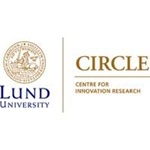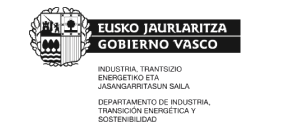Emily Wise, James R. Wilson, Sylvia Schwaag Serger
Abstract
This paper examines the evolving role of universities in transferring and developing knowledge to foster transformative Science, Technology, and Innovation (STI) policy amid significant shifts in economic development landscapes. With a rising focus on geopolitics, defense, resilience, and disruptive technologies, universities are increasingly expected to engage and act as catalysts for sustainable development. The research explores how academic institutions interact with policymakers by analyzing "knowledge for policy" relationships, emphasising structural, operational, and practice-oriented factors. Building on a peer-learning exercise hosted by the Governing Resilience and Transformation (GReaTr) initiative in Sweden, the study draws insights from a comparative analysis of five cases of academic institutions, representing diverse contexts and experiences. Findings reveal the challenges universities face in aligning with transformative innovation policies, particularly given the multidisciplinary expertise and agile operational capacities required. Despite evolving practices such as action research and co-created knowledge products, the complexities of addressing urgent and multifaceted policy issues persist. The study concludes by calling for more dynamic and interactive approaches to knowledge creation, stressing the need for universities to adapt their strategies to better engage with policymakers' evolving contexts and demands.
Keywords: Transformative universities, Transformative innovation policies, Knowledge transfer for policy, Science policy interface













